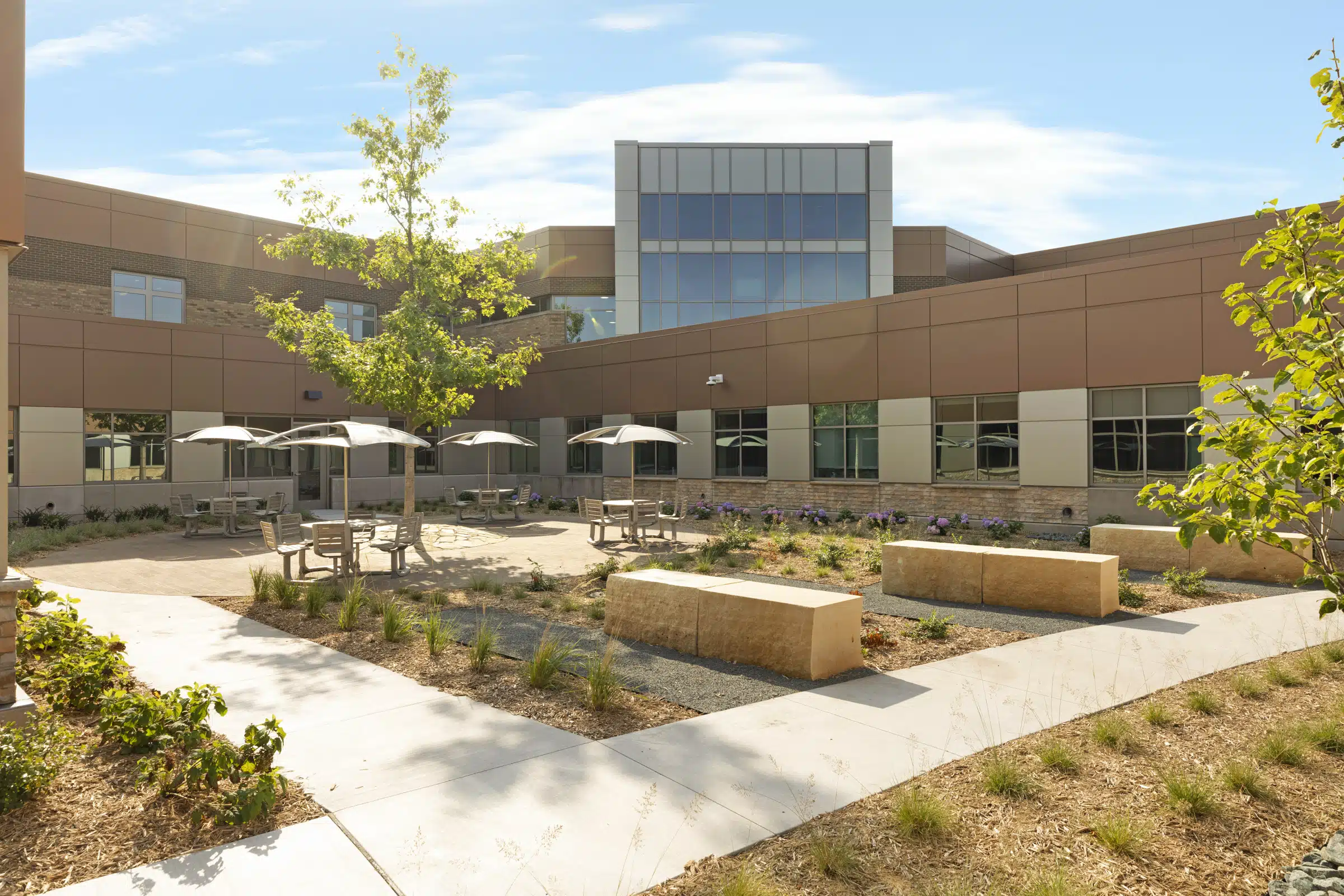At Prairie Care the safety of our patients and staff is our number one priority. We appreciate your help in this effort as demonstrated by your understanding of, and compliance with, the safety precautions we have established.
Valuable Item Restrictions
- Cell phones
- Purses/wallets/Credit/Debit Cards
- Tablets/Laptops
- Headphones
- Smart watch
Any items that could be used to cause injury to others or could be used for self-harm are not allowed to be brought onto the inpatient unit. This includes but is not limited to:
Dangerous items
- Vapes and other smoking devices
- Lighters
- Nicotine products
- Medications or Supplements
- Drug paraphernalia
- Weapons
There are additional restrictions to any belongings that are going to be given or distributed to patients on the inpatient unit. This includes but is not limited to:
Patient Hygiene Restrictions
- Items with a pump
- Q-tips
- Makeup brushes containing metal
- Mirrors – including in compact cases
- Glass makeup/lotion containers
- Shaving supplies (razors, shaving cream, Nair, electric razors)
- Aerosol cans (spray deodorant, hairspray, etc)
- Nail Clippers
- Floss
- Tweezers
- Nail polish/Nail polish remover
- Bobby pins, hair clips
- Mouthwash
- Items with a prescription must be stored in the medication room – example: facewashes, face creams, lotions
Patient Clothing/Accessory/Belonging Restrictions
- Clothing with strings
- Clothing displaying last names
- Clothing displaying violence, inappropriate references, drugs, or alcohol
- Clothing which is revealing, including low cut tops, crop tops, or tank tops
- Clothing with rips/tears/destruction (does not include bottom of pants)
- Dresses, skirts, and shorts shorter than knee length.
- Shoes with laces, boots, heavy shoes
- Headbands (elastic, plastic, cloth)
- Jewelry (rings, necklaces, long earrings, bracelets)
- Non-Religious Scarves
- Hats/Bandanas
- Sunglasses
- Belts
- Jackets
- ACE bandages
- Items with staples, wire or plastic spirals, paperclips
- Pencils, pens, markers
- Items with fabric longer than 6 in long (journal bookmarks, tie blankets)
- Plastic baggies
- Balloons
- Plants/flowers
- Outside Food





